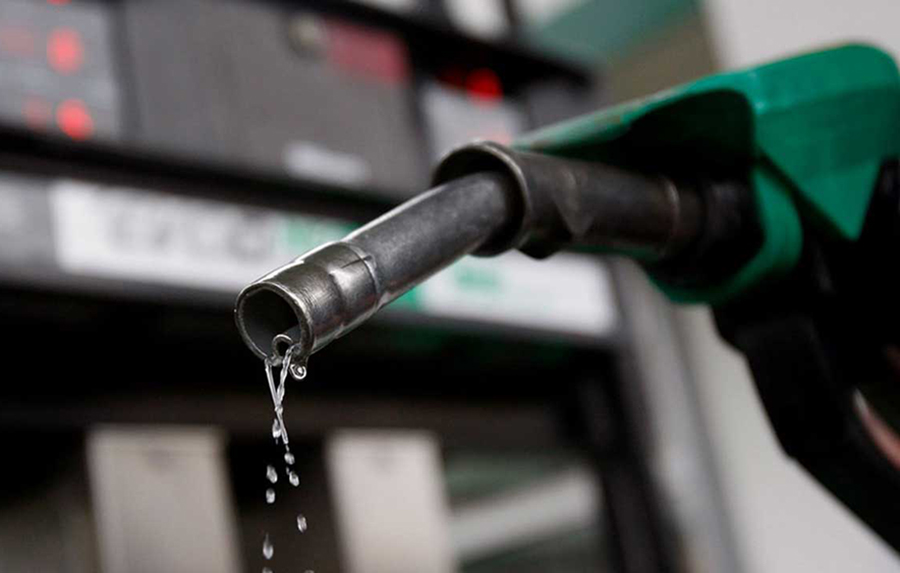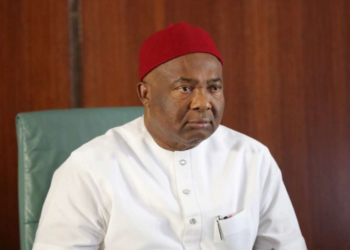The Federal Government’s decision to extend the implementation of the fuel subsidy removal policy has affected the cost of ensuring Nigeria’s dollar bonds, as Nigeria’s Credit Default swaps rose to their highest since October 2020.
This was disclosed in a report by Bloomberg on Wednesday evening, as Nigeria’s Five Year Credit default swaps have risen 100 basis points recently.
This comes as the delay of fuel subsidy would see the already cash strapped nation spend close to N3 trillion on subsidy, as the NNPC takes on the cost of the subsidy through under-recovery and other means.
What they are saying about the surge in credit risks
The report warned that the cost of insuring the nation’s dollar bonds against default jumped to the highest since October 2020, rising from 450 basis points to 550 in the Credit risk analysis for five-year default swaps.
Samir Gadio, head of Africa Strategy at Standard Chartered stated that while credit-default swaps have risen across emerging markets recently, Nigeria’s spiked more than peers “despite robust oil prices and moderate external debt service relative to foreign exchange reserves.”
Gadio also warned that suspending oil reforms will make Nigeria’s budget deficit balloon even further if — as the government has signalled — this year’s spending plan is amended to include fuel subsidies beyond the current limit of June.
Nigeria’s low oil output and capacity also add to concerns, as the report stated that Nigeria pumped 500,000 fewer barrels a day than its capacity, as at November 2021, as oil earnings were just over half the government’s target in the first 11 months of 2021, with revenue of just N970 billion.
Gadio also warned that if oil prices keep rising, Nigeria’s spending on the subsidy will also rise.
However, Nairametrics reported earlier this month that Finance Minister, Zainab Ahmed assured that the debt level is still within sustainable grounds and that its target over the medium term is to grow Revenue-to-GDP ratio from the current 8-9% to 15% by 2025.
For debt servicing, Ahmed revealed that at the rate of N3.61 trillion, it would represent 21% of total expenditure, and 34% of total revenues, citing that the provision to retire maturing bonds to local contractors/suppliers of N270.71 billion is 1.6% of total expenditure.




















